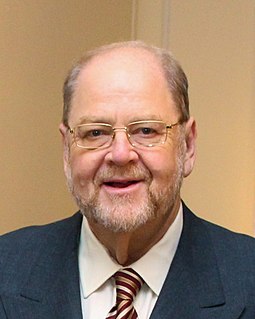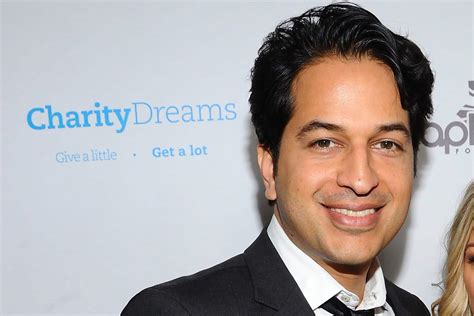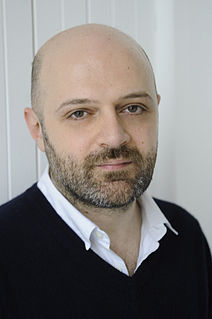A Quote by James Rothman
I started taking a basic biology course, and I really loved it. I started asking research questions incessantly. I was drawn very quickly to biology.
Related Quotes
If belief in evolution is a requirement to be a real scientist, it’s interesting to consider a quote from Dr. Marc Kirschner, founding chair of the Department of Systems Biology at Harvard Medical School:
“In fact, over the last 100 years, almost all of biology has proceeded independent of evolution, except evolutionary biology itself. Molecular biology, biochemistry, physiology, have not taken evolution into account at all.
It is now widely realized that nearly all the 'classical' problems of molecular biology have either been solved or will be solved in the next decade. The entry of large numbers of American and other biochemists into the field will ensure that all the chemical details of replication and transcription will be elucidated. Because of this, I have long felt that the future of molecular biology lies in the extension of research to other fields of biology, notably development and the nervous system.
Let's admit that feminism came from liberalism and it was very positive. But then it went dark. It went into a bad place. When feminism replaced biology with social construct, they started to say that everything about a human being was created by your environment or by your - by environmental cues as opposed to innate traits... Like you didn't achieve what you could get because it was your fault. They denied traits that are applied across all cultures. And that's where feminism went wrong is it denied biology and makes them look foolish.
Scientific practice is above all a story-telling practice. ... Biology is inherently historical, and its form of discourse is inherently narrative. ... Biology as a way of knowing the world is kin to Romantic literature, with its discourse about organic form and function. Biology is the fiction appropriate to objects called organisms; biology fashions the facts "discovered" about organic beings.



































